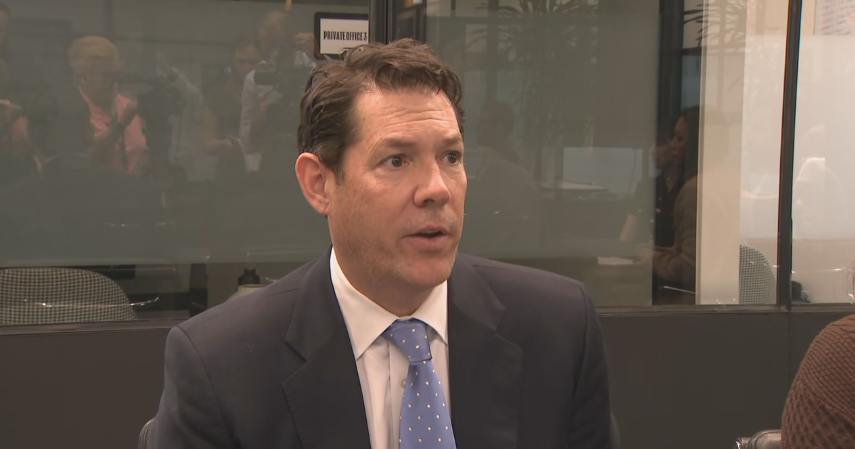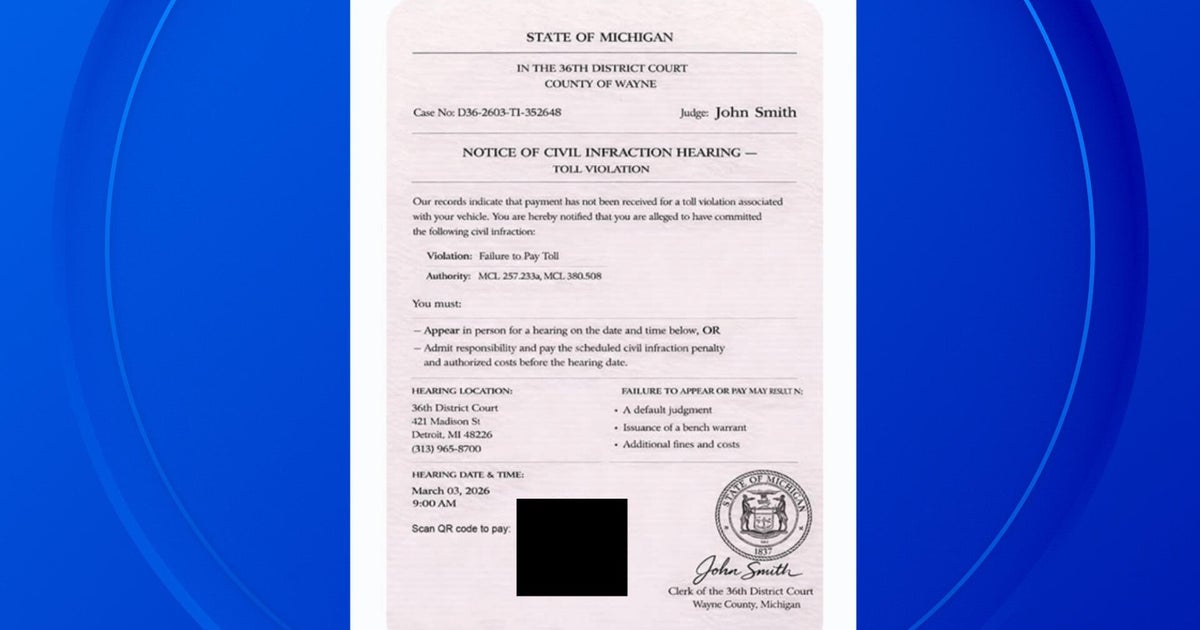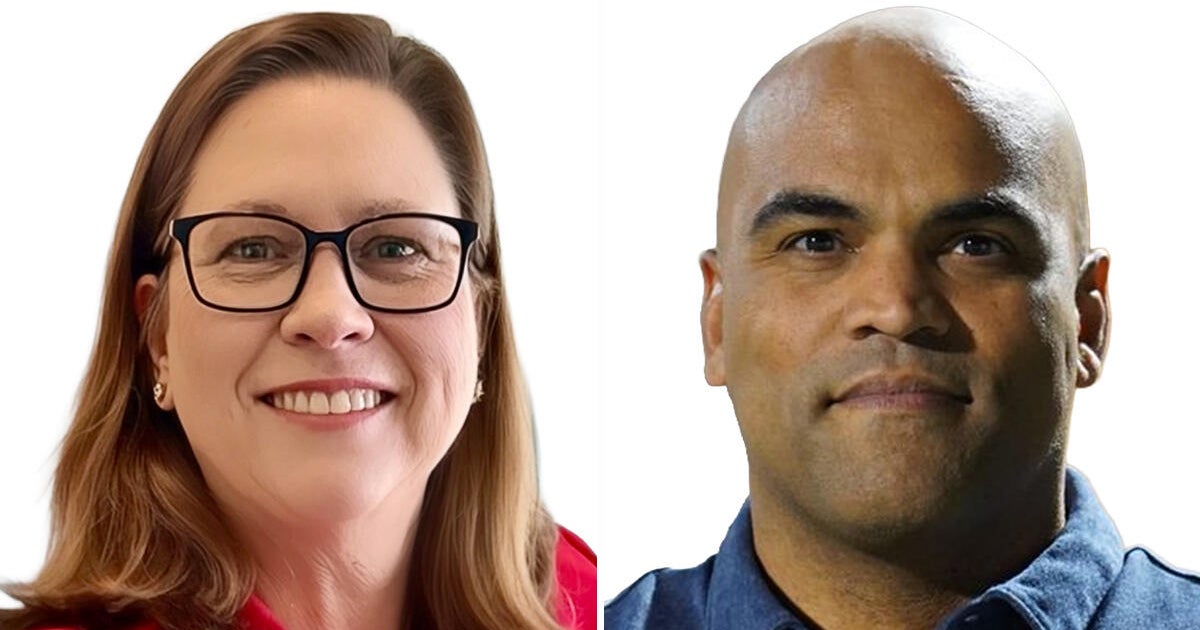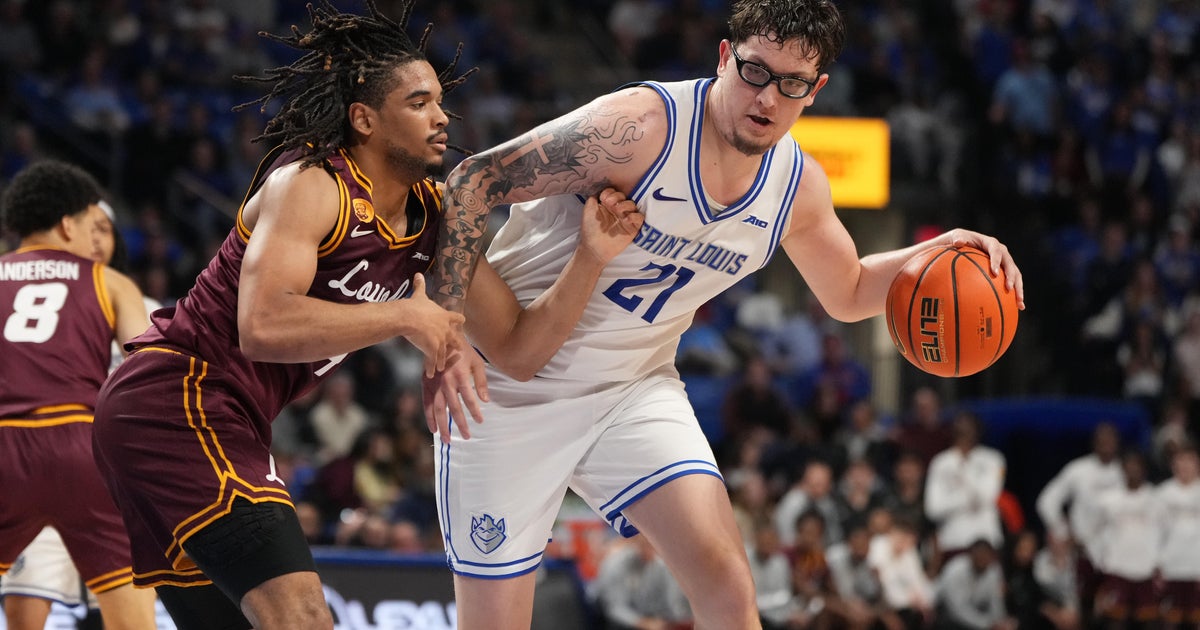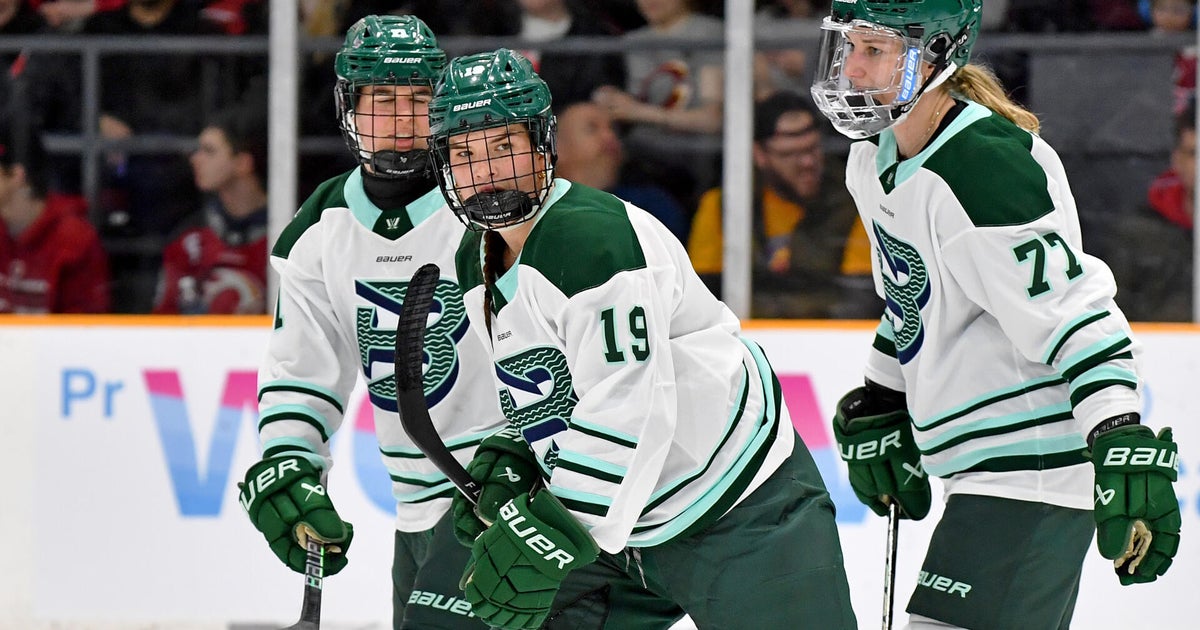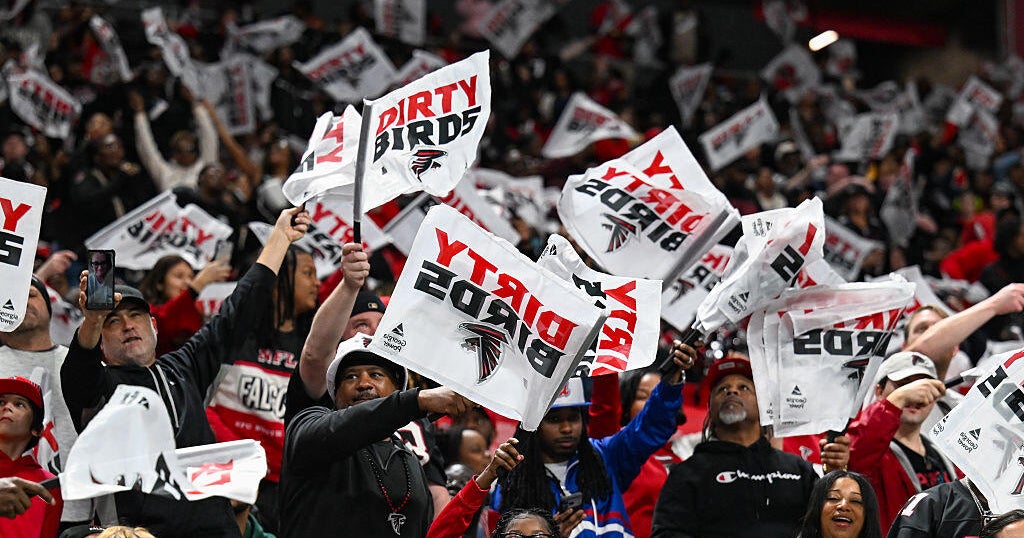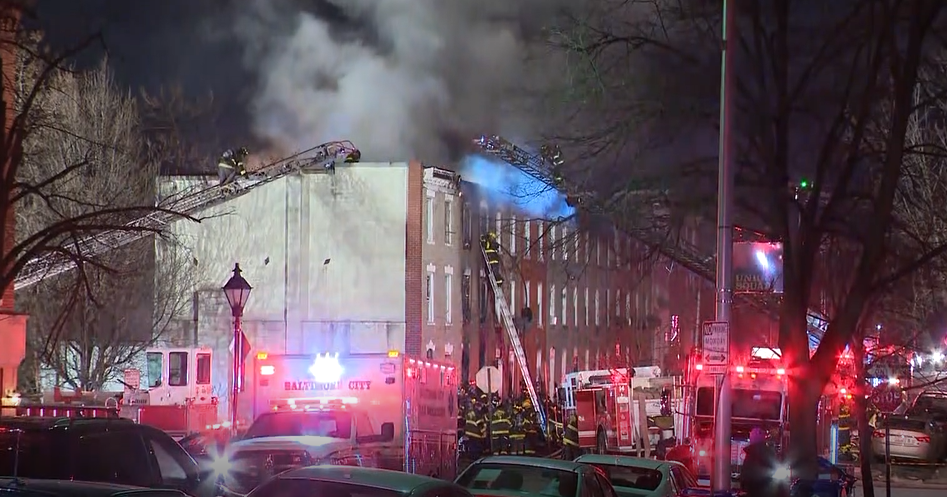Hurley: The 25 Most Brazen, Dishonest Claims From NFL's Latest DeflateGate Filing
By Michael Hurley, CBS Boston
BOSTON (CBS) -- In the course of a long, drawn-out battle in court, there is arguing a case, and then there is living in a grand state of delusion. In its most recent 29-page filing with the Second Circuit Court of Appeals, the NFL has chosen the latter option.
Either that, or the league has decided to outright lie to a federal appeals court.
Whichever the case may be, the image of the league to anybody paying close enough attention is not good. The "Shield," held in such high regard by Roger Goodell, is stained brown, after it's been used time and time again to dig up mud and fling it at Tom Brady, one of the league's biggest stars, over an alleged violation that was never proven to have occurred. One could say that the league's behavior, at the behest of its commissioner, has engaged in nearly a full calendar year of conduct that is detrimental to the game, conduct which weakens the public's faith in the integrity of the game and those who run it.
This is no longer a matter of the NFL going to great lengths to protect the powers granted to the commissioner by the CBA. This is now simply a full-blown Richard measuring contest playing out in front of the public. And the NFL does not intend to lose.
With that, here are the most audacious, shameless and occasionally faulty claims from the NFL's latest filing in its all-out attack on Tom Brady.
(Attorney Paul Clement wrote this 29-page filing. You can read the entire thing here, if you love pain.)
(I recognize that some of the excerpts may be a bit long or complicated, so each quote will be followed by a brief explanation and/or interpretation and/or translation. Sometimes, they're all necessary.)
1. PAGE 3: "And the CBA, including the required player contract that Brady signed, expressly authorizes
the Commissioner to issue suspensions for conduct detrimental. That should be the end of the matter."
This is, without a doubt, the most brash claim in the entire filing. "That should be the end of the matter." Yes, indeed, the Second Circuit court should simply dismiss the findings of Judge Richard Berman, because the NFL stated plainly, "That should be the end of the matter."
Did Vince McMahon write this?
2. PAGE 1: "... the district court's decision ... refused to enforce the Commissioner's eminently reasonable decision."
That is where we're starting. We're starting by saying that Roger Goodell's decision was "eminently reasonable." It's good to know that's our foundation moving forward.
3. PAGE 12: "In sum, the district court's reliance on the Uniform Policy to vacate the Commissioner's decision was plainly erroneous."
This is arguably the most hysterical line of all. Judge Berman's ruling was 40 pages long and cited dozens of cases for precedent. It also did not rely on the uniform policy. And yet, the NFL is hanging its hat on the uniform policy, which amounted to maybe a small percentage of the NFLPA's entire argument and 0 percent of Berman's ruling.
4. PAGE 16: "Thus, the Ray Rice, Bounty, and Adrian Peterson arbitration cases, while obviously factually distinguishable, are simply irrelevant to this Court's analysis."
Yeah, the other three instances of the commissioner getting his rulings trashed by parties who were actually objective? Those are simply irrelevant. Disregard those. Pay no attention to the man behind the curtain.
5. PAGES 24-25: "In the interest of judicial economy and to bring an end to this already disruptive litigation, this Court should resolve those additional questions and enforce the Commissioner's award."
Ah, yes. Look, we are only out here interested in ... JUDICIAL ECONOMY. We don't want this to needlessly be dragged out in court. That would just be a shame, and so wasteful, too. So why don't you go ahead and not kick this back to the appellate level and just affirm Roger Goodell's decision? You know, Goodell already once ruled that Goodell was right, so you'd be joining quite the crowd of esteemed legal minds in doing so. What do ya say?
6. PAGE 12: "In its haste to displace the Commissioner's reasoned judgment, the district court adopted a legal conclusion that ... ignores the Commissioner's superior experience and familiarity with the issues."
For one, saying a judge ruled hastily is probably not the most endearing way to convince another judge that your weak argument is a strong one. Secondly, let's talk about the commissioner's "reasoned judgment" and "superior experience." This is a commissioner whose decisions are overturned routinely for his overreaching rulings and misinterpretation of basic facts. Roger Goodell is, as a reminder, NOT A LAWYER. Yet Roger Goodell has more experience with the letter of the law than a U.S. District Judge, according to Roger Goodell.
This is truly a work of comedy.
7. PAGE 1: "More broadly, Appellees' wishful effort to analogize the conduct here to the misuse of 'stickum' ignores both the serious nature of the misconduct and the substantial discretion conferred on the Commissioner by the CBA to determine and to discipline conduct detrimental to the game."
Excuse me -- the serious nature of the misconduct? If air pressure actually mattered to the NFL, then referee Walt Anderson would have rechecked the footballs or simply used the bag of 12 backup footballs for the AFC Championship Game. Also, with the footballs under the most intense monitoring in history, Tom Brady played well enough to earn Super Bowl MVP honors, and he's currently leading the NFL in passing yards and touchdowns. Cool it with the serious nature of the misconduct talk. It's unbecoming.
8. PAGE 3: "Brady's participation in a scheme to deflate game balls after they had been checked by game officials, his refusal to cooperate fully with the ensuing investigation, and his deliberate destruction of highly relevant evidence clearly qualify as 'conduct detrimental.'"
Let's tackle this one point-by-point.
1. Brady's "participation in a scheme" was never proven. It is merely what Goodell haphazardly decided to increase the charges to after the appeal hearing. It was based on information which was volunteered by Brady's camp.
2. As has been made very clear, very clear, a refusal to cooperate with an NFL investigation has never before been used to suspend a player. In fact, former NFL commissioner Paul Tagliabue, who was an actual lawyer and successfully ran the league for the better part of two decades, stated exactly that when overturning Goodell's punishments in "BountyGate." Here's exactly what Tagliabue wrote:
"There is no evidence of a record of past suspensions based purely on obstructing a League investigation. In my forty years of association with the NFL, I am aware of many instances of denials in disciplinary proceedings that proved to be false, but I cannot recall any suspension for such fabrication."
3. The "deliberate destruction of highly relevant evidence" was not a factor in issuing the suspension. It was merely tacked on after the appeal hearing.
9. PAGE 17: "As their flip-flopping suggests, neither argument is persuasive, both should be rejected, and the foundation of their defense of the district court's decision has collapsed."
Well there you have it. The argument may have convinced a federal judge, but we find it to not be persuasive, so therefore they have nothing. Case closed, if you ask us.
10. TABLE OF CONTENTS: "A. The Commissioner Acted Well Within His Authority Under the CBA When He Applied the Conduct Detrimental Provision to Suspend Brady for His Misconduct."
That one's just humorous to read. All the capital letters. That's a long title. And the subject matter isn't bad either. Everybody knows that if something is stated in the table of contents, it's true. Basic fact of law right there.
11. PAGE 4: "As this Court has explained, a labor arbitration award must be upheld if the arbitrator 'offer[s] even a barely colorable justification for the outcome reached.'"
This claim is truly hilarious because the NFL is inadvertently insulting its own case. The league is accidentally admitting that its case in Berman's courtroom was so bad that the NFL failed to even present "a barely colorable justification" for Goodell upholding his own ruling.
12. PAGE 5: "The Commissioner's decision is not just firmly grounded in the CBA, but eminently reasonable."
Again, with this term. Eminently reasonable. Yes, the man who's pursued an alleged violation that would fall under the "minor" category of offenses for a full calendar year, the man who has spent millions upon millions of dollars in that quest to come out on top, the man who was exposed as a liar the previous year in the Ray Rice case, that is the man who has been acting eminently reasonable throughout this entire case. That's why this case will extend all the way through March 2016. Because nobody will simply listen to the eminently reasonable man in charge.
In case you could not tell, I find this claim to be rather specious.
13. PAGE 5: "In this case, the Commissioner exercised his authority to conclude that efforts to tamper with game balls in a League Championship game and then to destroy evidence in order to avoid responsibility posed a threat to the integrity of the game and the public's confidence in the League's on-field product."
Do you know what might threaten the public's confidence in the NFL? I think the commissioner getting exposed as a liar might do that. And in the case of Ray Rice, and in the case of Tom Brady, Roger Goodell lied. It is in black and white. He lied because he thought he could get away with it ... a truly scary thought for all NFL players who lack the legal and financial firepower of a Tom Brady.
14. PAGE 5: "And the Commissioner found as a matter of fact that Brady had participated in a scheme to tamper with the game balls through conduct that deliberately skirted official testing protocol, and that he had destroyed relevant evidence to obstruct an investigation into the wrongdoing. If that sequence of dishonest conduct does not qualify as 'conduct detrimental,' it is hard to imagine what would."
The NFL is certainly playing it fast and loose with the definition of the word "fact." Also, if lying publicly about two suspended players doesn't qualify as conduct detrimental, it is indeed hard to imagine what would.
15. PAGE 7: "It takes considerable chutzpah to attack the Commissioner for declining to explain why he agreed with them (and everyone else) on that issue -- and even greater temerity to argue that Brady lacked 'fair notice' that his discipline was not governed by a policy that Appellees' own lawyers deemed inapplicable."
If I'm a judge and I read that line, I would tell these children to get out my court. Just ... get, out. Chutzpah. Give me a break.
16. PAGE 9: "But that language [saying that a first-time uniform violation results in a fine] does not mean what Appellees think it does. It is not a guarantee of leniency, and it never says that first offenses will result only in fines. Instead, it underscores that the policies are taken seriously; even first offenses will result in discipline, not warnings."
Just because the rules state that first-time offenses can result in fines does not mean that first-time offenses can't result in suspensions. Why? Because we just said so. Right now. We are the law. Remember that.
This is the equivalent of the law stating that a speeding violation shall result in a fine, and then the state incarcerating someone for one year after he committed a speeding violation, with the state saying, "The law did not explicitly state that speeding could not result in incarceration. The law simply notes that speeding violations shall be taken seriously."
I would say this is not the best argument I've ever seen someone make.
17. PAGE 11: "In factual findings that Appellees disavow any intention of challenging, the Commissioner concluded that Brady had participated in a scheme to interfere with the officials' ability to enforce rules going to the integrity of the game, refused to cooperate fully with the investigation into that scheme, and then affirmatively obstructed the investigation by intentionally destroying highly relevant evidence."
It's great that the commissioner "concluded that Brady had participated in a scheme," except that's not what the commissioner ruled in the initial suspension or in upholding the decision. Nor is it the findings of Ted Wells' report, which was the basis for the discipline in the matter.
Adding in the "destroying highly relevant evidence" part is a nice touch, too. Hey, it helped convince the American public that Brady was guilty beyond a reasonable doubt in a matter of seconds, so you might as well try it on some experienced judges.
18. PAGES 11-12: "Brady's unique and aggregate misconduct posed a threat to the integrity of and public confidence in the game."
This one I may believe, because I suppose at this point, the NFL is the authority on unique and aggregate misconduct.
19. PAGE 13: "After considering the Wells Report as well as the evidence that Brady himself introduced at the hearing, the Commissioner found that Brady did not merely have 'general awareness' of ball tampering, but actually 'participated in a scheme to tamper with the game balls after they had been approved by the game officials for use in the AFC Championship Game.'"
Again, it's wonderful that Goodell reached this conclusion, but what he's not understanding is that it wasn't his job as a "neutral arbitrator" to reach new conclusions at the appeal hearing. Goodell's job in that appeal hearing was to determine whether or not Goodell was right in issuing the four-game suspension to Brady. The fact that Goodell reached new conclusions to support Goodell's initial suspension only speaks to how biased Goodell was when serving in the role of "neutral" arbitrator for a Goodell ruling.
It was nice of him to spell it out in plain language here, though.
20. PAGES 13-14: "The Wells Report was designed to give the Commissioner a basis to draw his own conclusions from the extensive record, not to limit him to the conclusions of the Report."
False. He relied fully on the "independent" Wells report. Here's what Goodell wrote:
"On May 11, 2015, relying on the factual findings and evidentiary record details in the Wells Report ... I authorized the suspension of New England quarterback Tom Brady."
This is on the record. The NFL can't simply change the record. By the way, Jeff Pash edited the Wells report before it was released publicly. Funny how that's not factoring into this filing much.
21. PAGE 14: "Surely Appellees cannot mean to suggest that the Commissioner's fact finding was limited to only those new facts that would have benefitted Brady (sic). The whole point of the appeal hearing was to give the Commissioner an opportunity to hear additional evidence and to reconsider his initial findings and discipline. Nothing in the CBA prohibited him from considering all the available evidence and concluding that Brady's misconduct was even worse than he had initially thought."
Again, this only addresses the "fact finding" about Brady's cell phone. It does not address the "fact finding" of Pash's editing of the Wells report, and it fails to mention that Brady's lawyers were not allowed to even question Pash. I suppose that's not relevant at all, though. Come to think of it, Goodell himself, aka the man who made the initial decision, was not made available to be questioned. Seems like an important witness. But, like Goodell, I'm not a lawyer, so I can't speak too definitively on such topics.
Also, the destruction of a cell phone is being used as clear evidence that raises "general awareness" to definite participation in a scheme. That's not how evidence works. A negative (in this case, a lack of evidence) cannot prove a positive (participation in a scheme). Unless, of course, you are Roger Goodell.
22. PAGE 15 (footnote): "But it is crystal clear from the Commissioner's decision that he did not apply the steroid policy to Brady's conduct. He merely noted that the steroid policy, which is similarly concerned with misconduct that improperly seeks to obtain an unfair competitive advantage, would provide an even harsher suspension than Brady's."
Goodell did in fact apply the same logic of the steroid policy, and Judge Berman found it to be ridiculous. Hence, this backtrack. Also, the steroid policy would not provide a harsher suspension than Brady's. It would have provided an identical punishment. This statement from the NFL is a lie.
23. PAGES 21-22: "Basing his decision on his factual findings about which potential witnesses had personal knowledge of the relevant facts, he compelled the testimony of the lead investigator, Ted Wells, but declined to compel the testimony of Pash because he had played no substantive role in the investigation."
This is the NFL's official stance on the Wells/Pash investigation: Jeff Pash did not play a substantive role in it.
Bravo, NFL.
Bra. Vo.
The NFL also claimed that the NFLPA "declined to press [Goodell] on the matter" of Pash testifying. Maybe that's because when Jeffrey Kessler asked Wells about Pash, NFL attorney Daniel Nash said this: "I would object on privileged grounds to questions about communications between Mr. Wells and Mr. Pash, the General Counsel of the NFL."
Kessler was not allowed to question Pash, because he wasn't even allowed to ask about Pash. The NFL cited attorney-client privilege.
Again, this is all on the record ... though, in fairness to the NFL and Goodell, they did not think it would ever become public record, so they thought they'd be able to get away with it. That darn pesky judge, always mucking up the NFL's plans, decided to make it public.
24. PAGE 24: "Most of their argument is based on vague innuendo about whether the Wells Report was sufficiently 'independent,' but that issue is irrelevant."
One of my favorites. All of that chest-thumping we did about our investigation and report being "independent"? Yeah, that's irrelevant. We just tooted our own horn for months about the importance of the independence of the investigation, because we felt like it, but since it's been exposed as bought and paid for, everyone knows that "independence" doesn't really matter. And oh hey, while we're on the subject, please don't look into the "independence" of Robert Mueller's investigation into the NFL following the Ray Rice scandal. That was independent too, and, um, it's also irrelevant. You know what? It's best we just move on!
25. PAGE 29: "There is thus no need for the Court to remand the case, and in fact there are strong reasons for not prolonging this collateral attack on the Commissioner's decision. Arbitration is designed to promote labor peace by resolving disputes efficiently and avoiding protracted litigation. This Court should resolve the case without a remand, as it has in similar circumstances. The Commissioner's decision should be enforced."
Did you really just call this situation "a collateral attack on the commissioner's decision"? Did you really just write those words? Is that what is going on here?
Excuse me. I'm going to need a moment.
You can email him or find him on Twitter @michaelFhurley.
